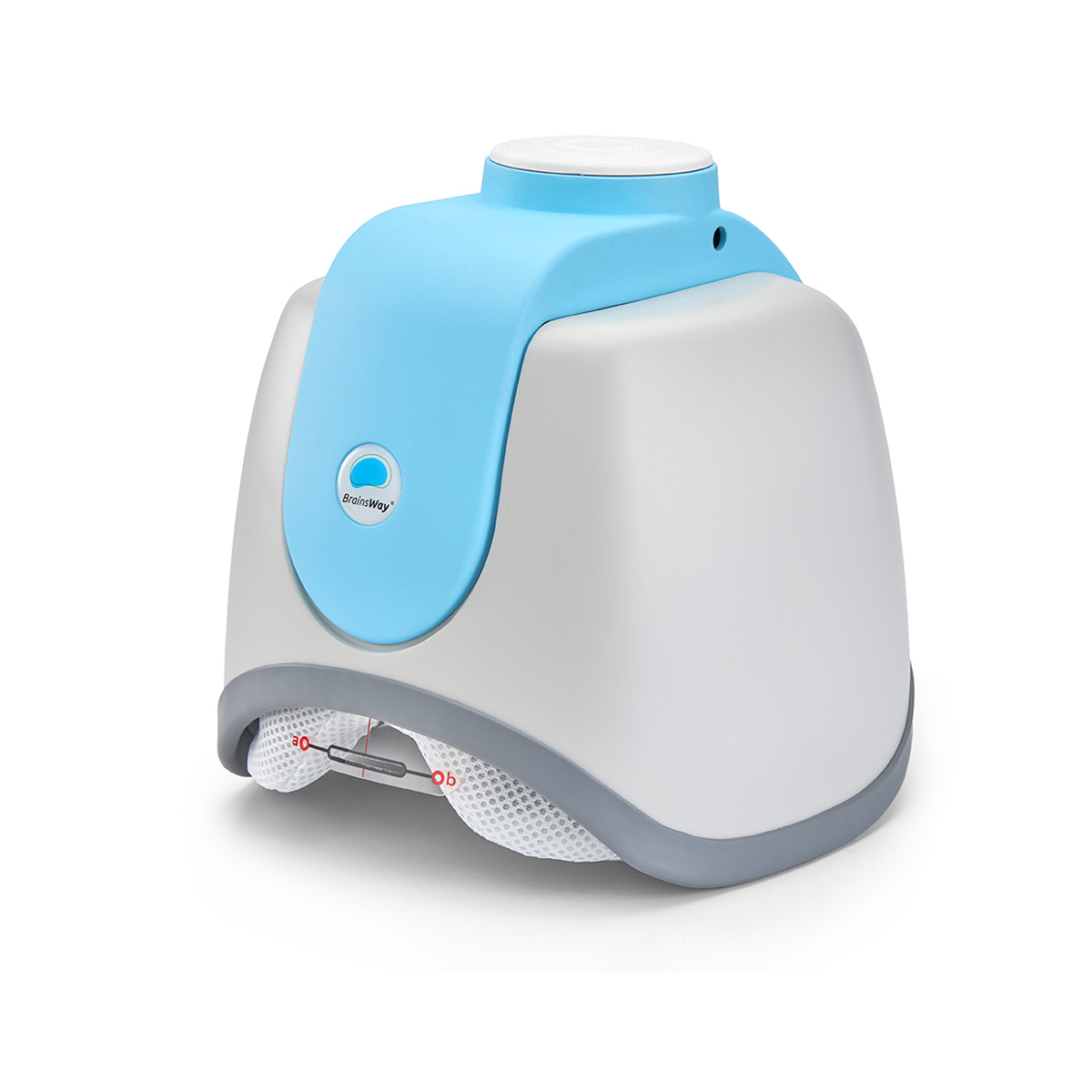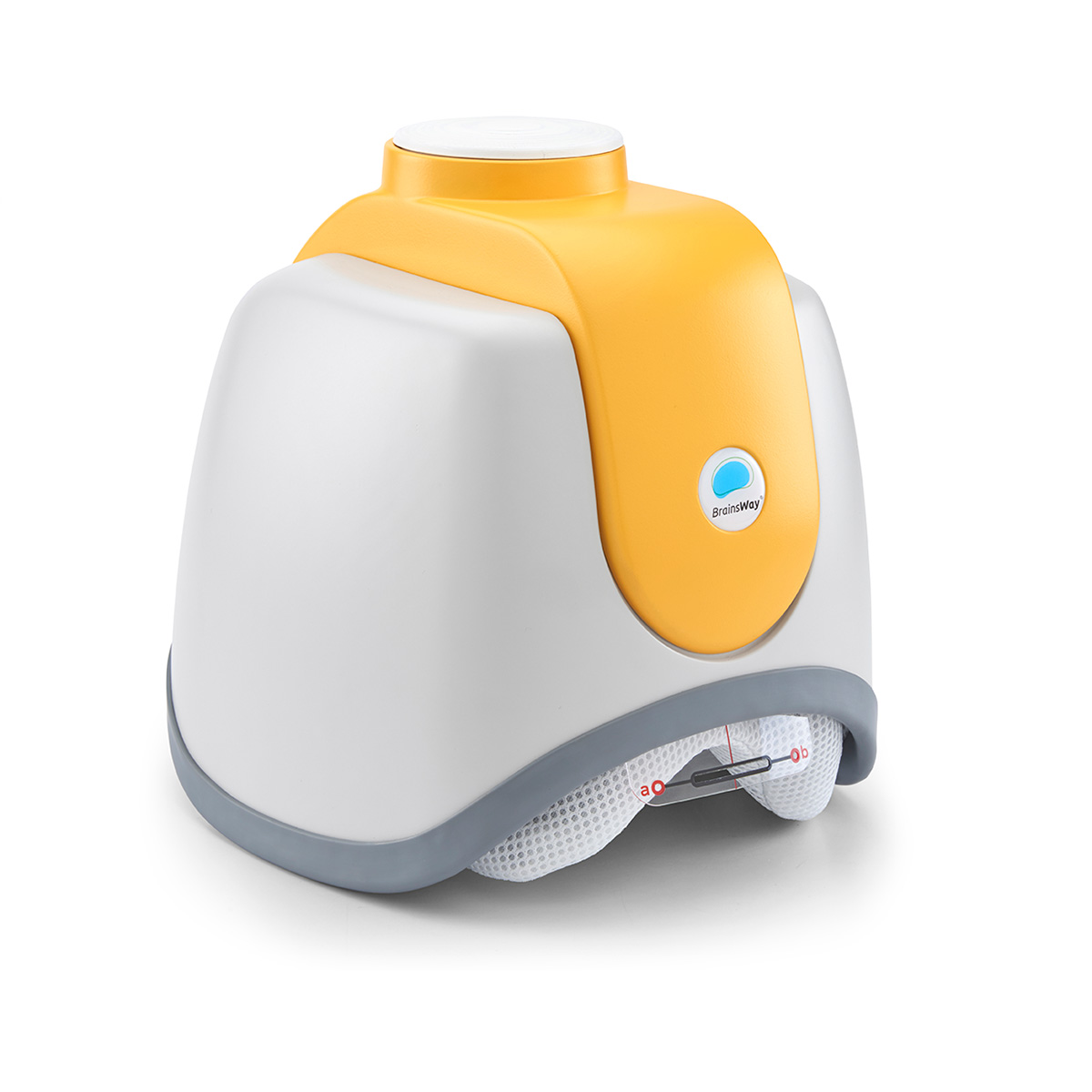Deep TMS

Dr. Krunic has decided to utilize BrainsWay Deep TMS platform to administer TMS treatment because she believes that their novel breakthrough technology, that utilize complex coil systems, offers advanced, deeper, and broader brain stimulation and is more effective than the standard TMS. She believes that this innovative technology is embracing the future of the fields of psychiatry and neurology, as evidenced by the platform’s FDA approval of additional medical diagnosis such as OCD and smoking cessation.
BrainsWay Deep TMS is CE Marked. CE marking is the medical device manufacturer’s claim that a product meets the essential requirements of all relevant European Medical Device Directives for these conditions:
-
- Bipolar Disorder
- Post Traumatic Stress Disorder
- Schizophrenia
- Alzheimer disease
- Chronic Pain
- Parkinson disease
- Autism
- Post stroke rehabilitation
- Multiple Sclerosis
In her Deep TMS practice, Dr. Krunic has successfully treated patients who did not achieve recovery from standard TMS or from ECT.
How does it work:
The treatment features unique, patented coils that are fitted into a helmet, which is secured snugly to the patient’s head during the treatment. It is a non-invasive treatment course that is not associated with any systemic side effects.
The Deep TMS system is operated by trained professionals required to follow specific guidelines that are designed to ensure patient safety.
H-1 Helmet for Major Depression

BrainsWay’s treatment was cleared by the FDA in 2013 for patients who tried any number of antidepressants with no improvement in the current depressive episode. The FDA indication is based on a unique 16-week double-blind, placebo-controlled, multi-center study which enrolled over 200 subjects, and reported a marked decline in HDRS-21 scores, as well as significant remission (32.6%) and response (38.4%) rates at the primary endpoint of the study after four weeks of acute treatment. In the study, treatment with BrainsWay’s H-1 coil helmet was proven to be safe, and the treatment was well tolerated by the majority of the study subjects.
The H-1 helmet is also in clinical trials at various stages for the treatment of Bipolar Disorder, Post-Traumatic Stress Disorder and Schizophrenia.
H-7 Helmet for OCD

In 2018, BrainsWay’s Deep TMS technology was cleared by the FDA (De Novo) for the treatment of Obsessive-Compulsive Disorder. In 11 medical centers worldwide, patients who had not responded to SSRIs and/or psychotherapy and received treatment for six consecutive weeks experienced a significant reduction in their OCD symptoms. BrainsWay’s H-7 coil, specifically designed to treat the anterior cingulate cortex, is the only TMS technology platform cleared by the FDA for this purpose.
Possible Deep TMS Side Effects
Individuals undergoing Deep TMS treatment may experience a mild headache or scalp discomfort during the procedure itself, with some reporting a tapping sensation in the targeted area. Generally, side effects such as headaches that may arise following the Deep TMS procedure are mild, and tend to pass within a short amount of time.
Deep TMS does not cause weight gain, sexual dysfunction or memory effects which are frequently observed with medication therapy.
Deep TMS treatment is not safe for the following patient population:
-
- Patients with magnetic metal plates or devices implanted in or around their heads (this does not include standard amalgam dental fillings).
- Patients with implanted electronic devices in their bodies.
- Patients who have undergone a seizure, a medical condition or change in a medical condition that may put them at increased risk of having a seizure.
Insurance Coverage
In the United States, where Deep TMS has been FDA-cleared since 2013, coverage is widely available for the treatment of MDD. It is estimated that over 90% of the total private insurers will cover for MDD treatment with Deep TMS. In addition, Deep TMS for OCD may currently be eligible for reimbursement on a single case agreement basis.
Where covered by insurance, treatment will generally require prior authorization and patients may incur a co-pay per treatment session, as specified by their insurance plan.
